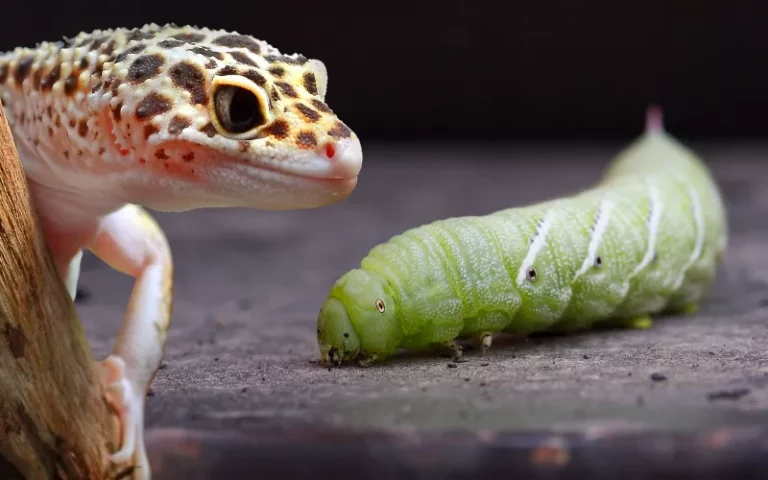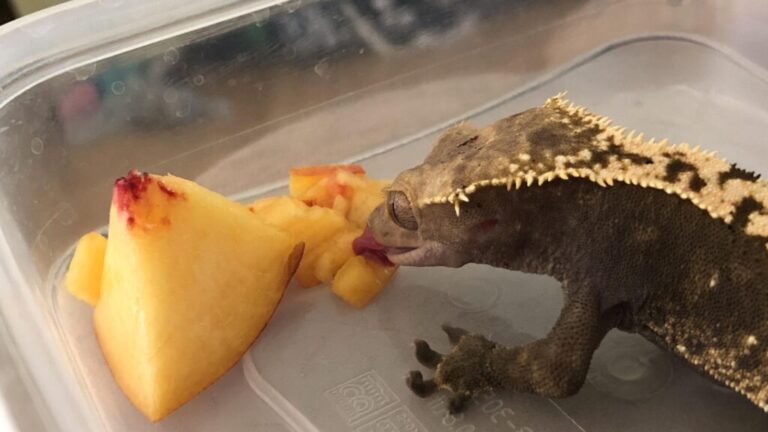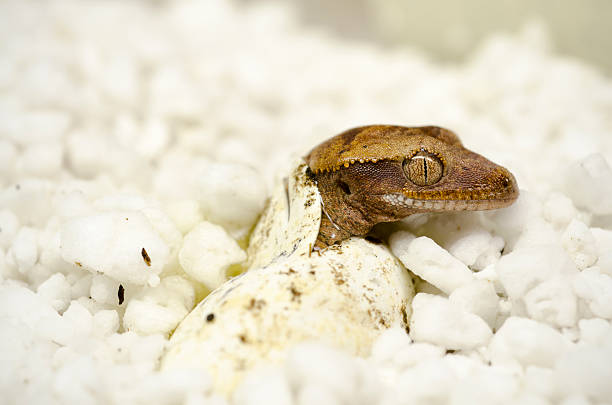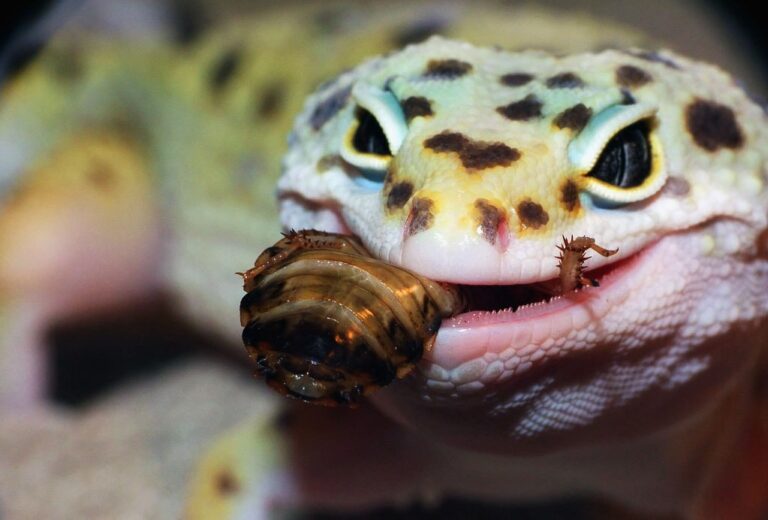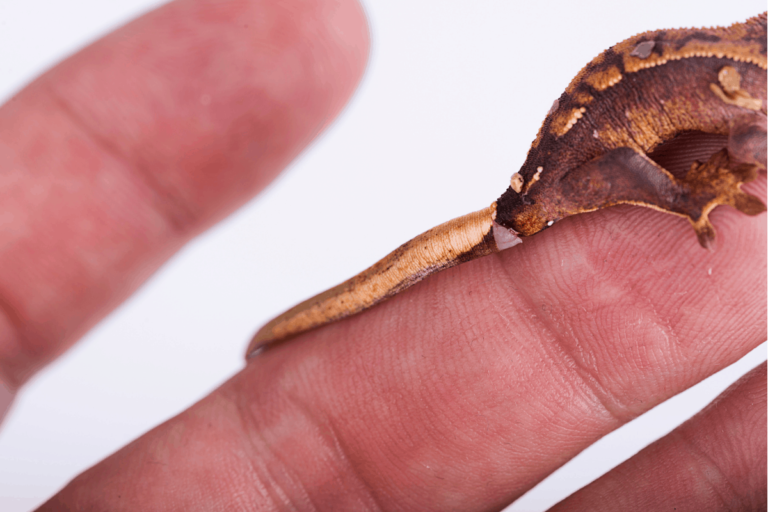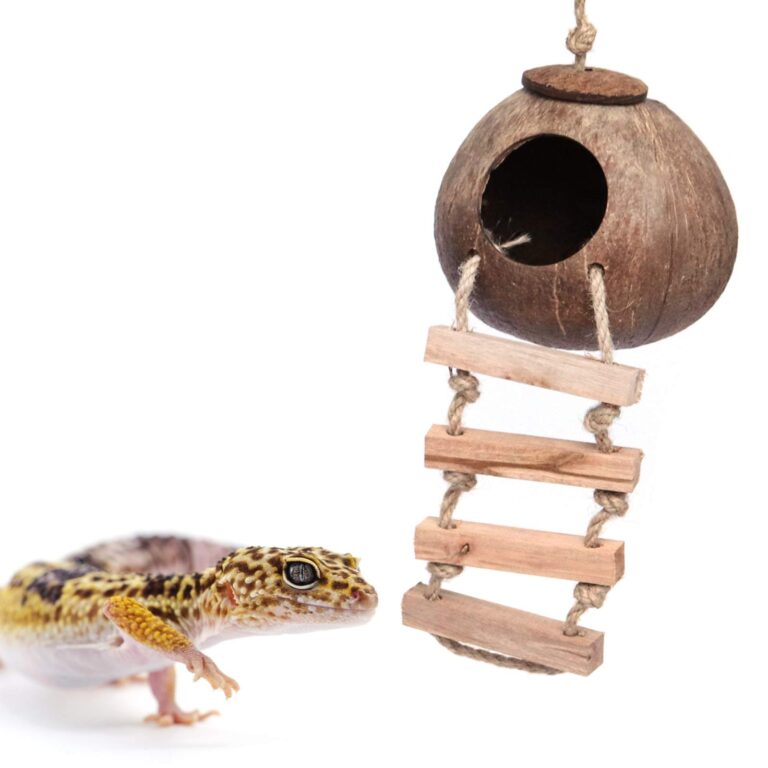Do Geckos Eat Cockroaches? A Natural Pest Control Solution
As I sat in my cozy living room one evening, I noticed a familiar, unwelcome guest scuttling across the floor. It was a cockroach, a creature that has haunted many households for generations. In a state of mild panic, I began to contemplate the age-old question: “Do geckos eat cockroaches?” Fortunately, my curiosity led me down a fascinating path of discovery, and what I found not only surprised me but also provided an eco-friendly solution to my pest problem.
Yes, they can indeed eat cockroaches, but there’s a twist. Also, you find that your home might carry bad stuff like pesticides, germs, and icky bacteria. If geckos munch on these roaches, it could upset their stomachs. So, while it can be handy for pest control, you should be careful about what kind of cockroaches they snack on.
So, let’s get started
| Gecko Age | Cockroach Size | Frequency (Times per Week) | Estimated Cockroaches Eaten |
| Juvenile | Small (1-2 cm) | 3-4 | 10-20 |
| Adult | Small (1-2 cm) | 2-3 | 6-12 |
| Juvenile | Medium (2-4 cm) | 3-4 | 8-16 |
| Adult | Medium (2-4 cm) | 2-3 | 4-9 |
| Juvenile | Large (4+ cm) | 3-4 | 6-12 |
| Adult | Large (4+ cm) | 2-3 | 3-7 |
Feeding Cockroaches to Geckos: A Guide to Proper Nutrition and Care
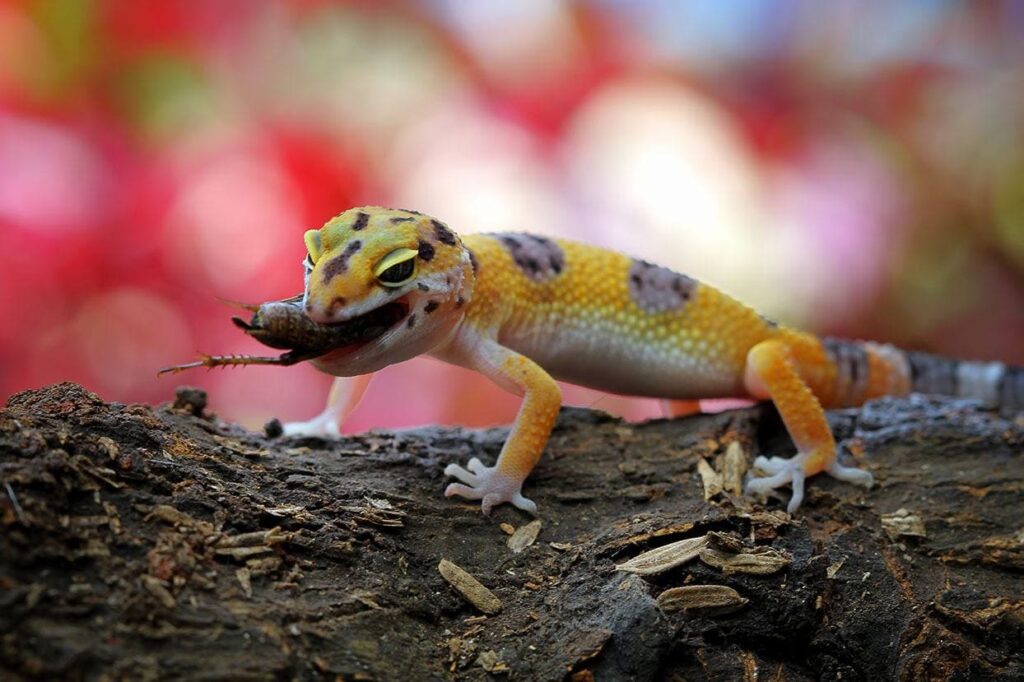
Here’s a step-by-step guide to feeding cockroaches to your gecko:
Selecting the Right Size Cockroaches: Choose cockroaches that are the right size for your gecko. They should not be larger than the width of your pet’s head to prevent choking hazards.
Feeding One at a Time: Unlike some reptiles that can consume multiple crickets at once, it’s best to feed geckos one cockroach at a time. This allows you to monitor their consumption and ensures they eat at a manageable pace.
Offer Cockroaches in the Enclosure: Place one inside the enclosure and allow the gecko to notice it. They are typically quick to spot their prey.
Wait for Consumption: Wait for your gecko to consume it, which usually happens swiftly. Once it has finished eating, you can introduce another into the enclosure.
Monitor the Health of Cockroaches: Ensure the cockroaches you offer are healthy. Healthy ones are more nutritious for your gecko. You can achieve this by providing them with a nutritious diet before offering them to your pet.
Diversify the Diet: While they can be a valuable part of diet, it’s important not to rely too heavily on a single type of insect. To ensure a balanced diet, introduce different insects that offer varying nutrients.
Pros (Advantages)
Nutritional Value: provides essential nutrients like protein and calcium, crucial for well-being
Dietary Variety: ensuring a broader nutrient spectrum.
Size Adaptability: allowing you to choose prey suitable for your gecko’s age and size
Stimulates Natural Behavior: offering mental and physical stimulation.
Bone Health: good source of calcium, supporting your gecko’s skeletal strength.
Hydration Potential: They have higher moisture content, aiding in your pet’s hydration.
Convenient Care: Insect husbandry is relatively straightforward, providing ease for owners.
Cons (Disadvantages)
Escape Risk: Small, swift-moving insects may evade your gecko, potentially leading to unchecked reproduction.
Limited Control: They have finite appetites, making it challenging to manage larger populations.
Health Hazards: If not sourced and handled correctly, they can harbor diseases or parasites detrimental to your gecko.
Messy Feeding: Feeding live prey can result in enclosure mess, with insect remnants, feces, or uneaten prey.
Selective Eating: They may be selective eaters, with varying preferences for different types.
Allergy Concerns: Some individuals might have allergies to them, posing potential risks when using them as feeders.
Enclosure Security: There’s the possibility of them escaping from your gecko’s habitat, potentially leading to household issues.
What Happens If You Overfeed Your Gecko?
Obesity: Geckos that are consistently overfed can become obese. Obesity can affect their overall health and make them less active. Overweight geckos may have difficulty moving, climbing, or hunting for food.
Digestive Issues: Overfeeding can put a strain on the digestive system. Excessive food consumption can lead to digestion problems such as constipation, impaction (blockage of the digestive tract), or diarrhea.
Reduced Lifespan: Obesity and associated health issues can shorten lifespan. They may have a reduced life expectancy compared to those maintained at a healthy weight.
Metabolic Disorders: Over can lead to metabolic disorders in them such as fatty liver disease. These conditions can have serious consequences for their health and may require veterinary intervention.
Vitamin and Mineral Imbalances: Feeding your pet an unbalanced diet or overloading them with certain food items can lead to vitamin and mineral imbalances. This can result in nutritional deficiencies or excesses, affecting their overall health.
Loss of Appetite: Paradoxically, it can sometimes lead to a loss of appetite in geckos. They may become picky eaters or refuse food altogether, further complicating their nutritional status.
Increased Stress: Further, can cause stress to your gecko’s body and internal organs. Chronic stress can weaken their immune system and make them more susceptible to diseases.
Can Geckos Help with a Cockroach Infestation?
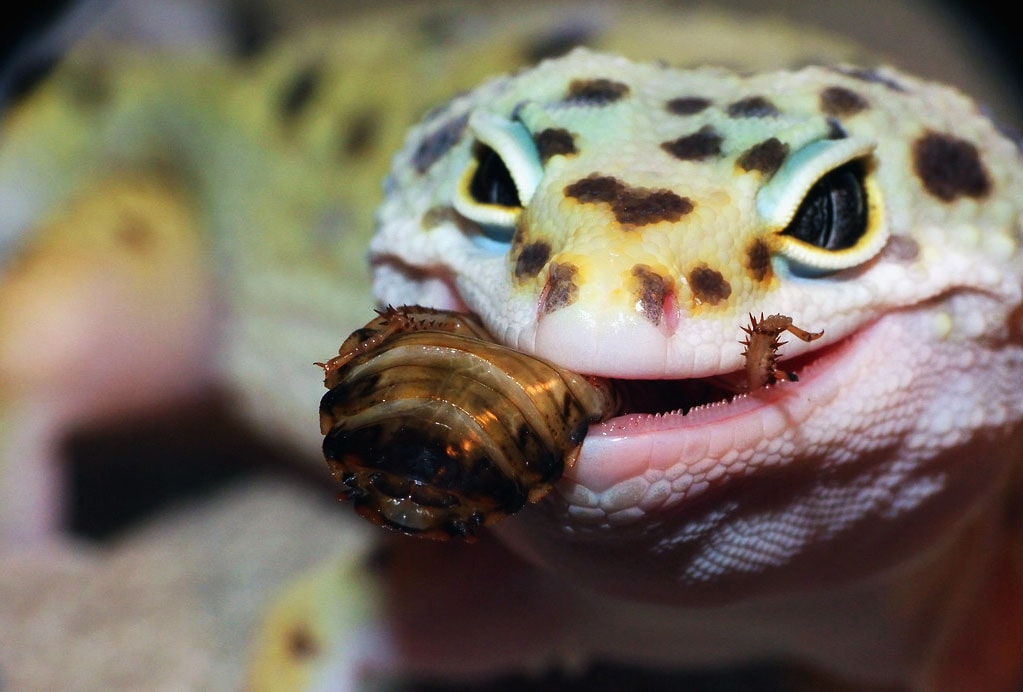
While geckos can assist in managing a cockroach infestation, it’s crucial to be aware of their limitations. A single gecko can only consume a limited number of roaches per day, often around 8 to 16, depending on their size. They may not eat daily and can be selective about their food.
Key Considerations:
Limited Capacity: Geckos have a finite appetite, so they won’t eliminate a massive cockroach infestation entirely.
Breeding Potential: Cockroaches reproduce quickly, potentially outpacing the ability to catch and eat them all.
Escape Artists: Small, fast-moving roaches can evade them leading to continued breeding in hidden areas.
Professional Intervention: In severe infestations, it’s advisable to consult a pest control professional who can address the issue more comprehensively.
Additional Considerations:
Gecko Appearance: Some individuals may feel uneasy with them in their living spaces due to their appearance.
Gecko Droppings: They may leave droppings, which, although small, require regular cleaning, especially from surfaces like carpets and tables.
FAQs
Can Geckos Eat Small Roaches?
Yes, geckos can consume small roaches as part of their diet, provided the roaches are appropriately sized and not larger than the gecko’s head.
Do Geckos Get Rid of Cockroaches?
Yes, Geckos can help control small populations of cockroaches, but they may not eliminate a significant infestation entirely. It’s essential to consider their limitations in managing larger cockroach problems.
Are Geckos Good at Pest Control?
Yes, Geckos can be effective at controlling certain pests, including small insects like roaches. However, their pest control capabilities are best suited for smaller infestations and as part of an integrated pest management approach.
Final Words
In conclusion, I’ve found that geckos can indeed eat cockroaches, and it can be a valuable addition to their diet. They provide essential nutrients and stimulate natural behaviors in my geckos, which is crucial for their overall health and well-being.
However, it’s essential to be mindful of some considerations and potential drawbacks, such as the risk of cockroaches escaping, the need for portion control, health concerns, and the need for regular cleaning due to potential mess.
In my experience, incorporating cockroaches into my gecko’s diet has been a rewarding and enriching aspect of their care. Still, it requires careful attention and responsible management to ensure that it benefits both my geckos and me as their owner.


